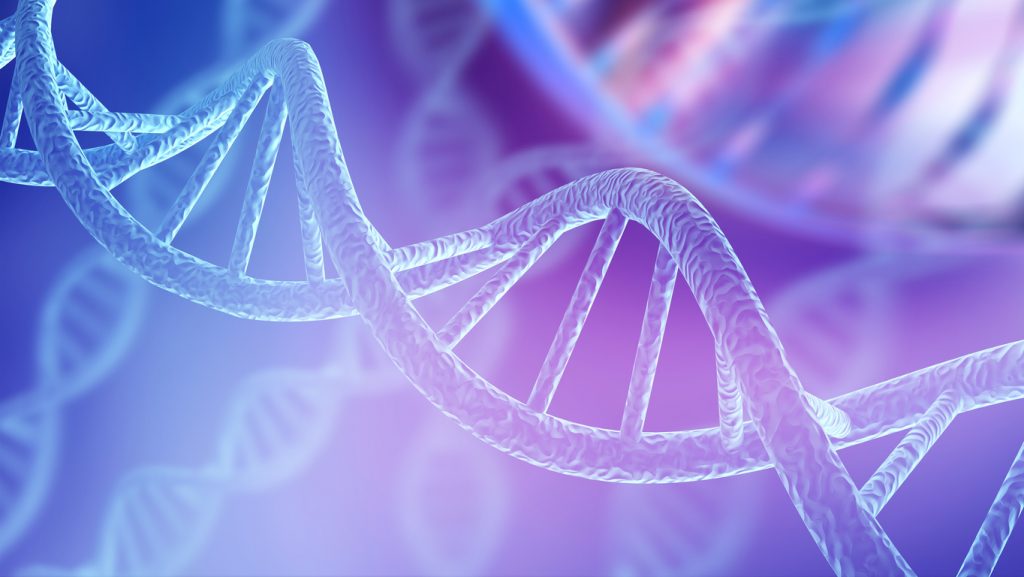
Knowing your family history of diseases and conditions is important to your understanding of what may put you and your family at a higher risk for those diseases and conditions, because genes, gene mutations and gene variations can affect cancer risk and can even lead to cancer.
Here’s an example: BRCA1 and BRCA2 are two tumor suppressor genes that are important in fighting cancer, when they work normally. But sometimes a change or mutation occurs in the BRCA genes that prevent them from working normally, and this increases a person’s risk for breast, ovarian and other cancers. So, it’s important to know if this mutation is hereditary, that is, does it run in the family.
If you are diagnosed with cancer, you will most likely discuss genetic testing or genetic counseling with your physician. A genetic counselor helps families better understand their hereditary health risks. These counselors determine whether genetic testing is appropriate, outline the risks and benefits of testing, facilitate genetic test ordering, review test results and discuss what those results mean for you and your family. And if your results indicate a genetic risk, a genetic counselor can help you make decisions about possible preventive care. For example, BRCA mutation in women with ovarian cancer can open the door to the use of other drugs for treatment that would not otherwise be used.
If you have questions about genetic testing, counseling or how to better understand your family’s health history, contact your Work Stride oncology nurse navigator, at 844-446-6229 or by email at managecancer@jh.edu